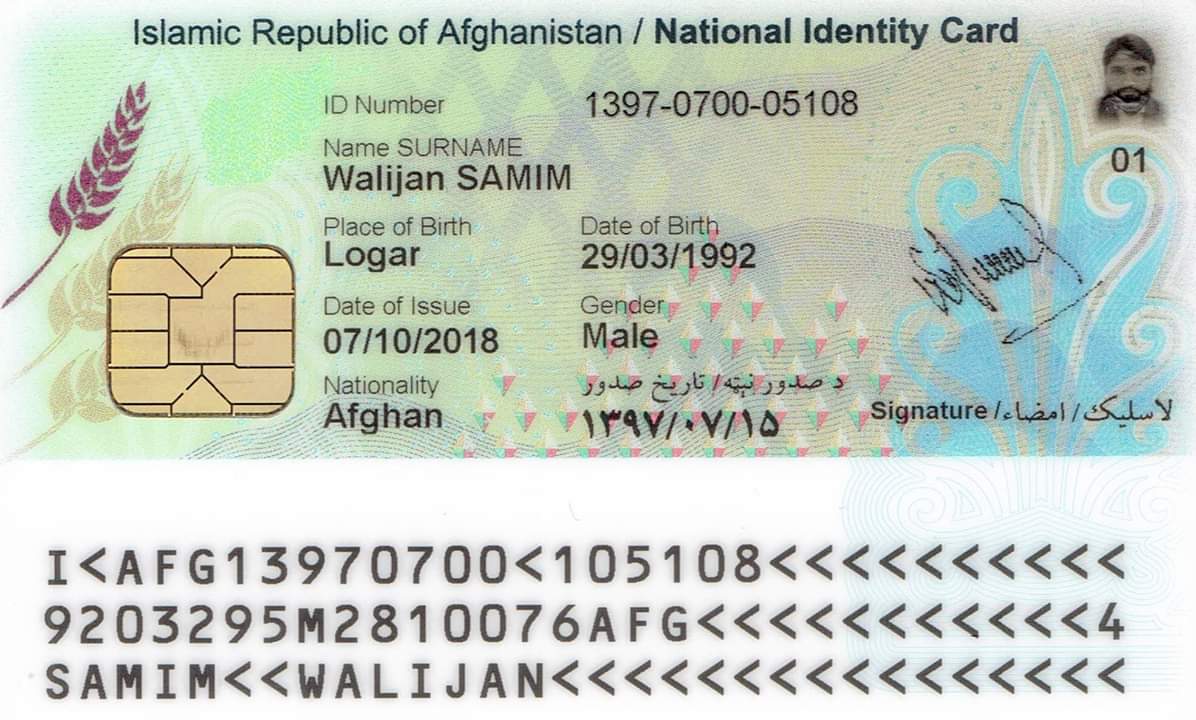

Some of the most prominent newspapers have had to cease print operations and now publish only online, amid the country’s sharp economic downturn. More than 100 local media companies and radio stations around the country have stopped operating, having either been closed down, taken over by the Taliban or forced out of business for lack of funding, according to local media. Many Afghan journalists fled the country, fearing repression and violence from the new rulers, while dozens more have gone into hiding and are still seeking a way out of Afghanistan.

The once-vibrant media industry in Afghanistan has been in free fall since the Taliban seized control last month. They include directives against publishing topics that are in conflict with Islam or insulting to national personalities, and also instruct journalists to produce news reports in coordination with the government media office. Qari Muhammad Yousuf Ahmadi, the interim director of the Government Media and Information Center and a longtime Taliban spokesman, unveiled 11 rules for journalists this week. Concerns are growing at the increased constraints the Taliban government has placed on the news media in Afghanistan, after officials issued a new framework of rules for journalists that critics say open the door for censorship and repression.


 0 kommentar(er)
0 kommentar(er)
